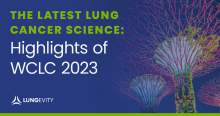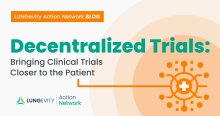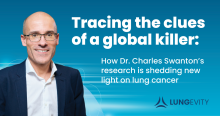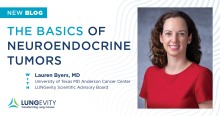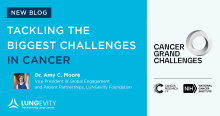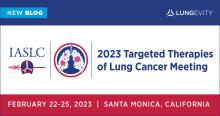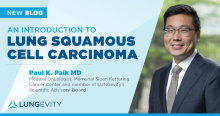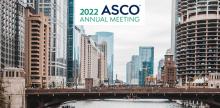The Latest Lung Cancer Science: Highlights of WCLC 2023
I had the privilege of attending the 2023 World Conference on Lung Cancer (WCLC) in Singapore with my colleague Dr. Bellinda King-Kallimanis. WCLC, the world's largest meeting dedicated to lung cancer and other thoracic malignancies, is an excellent forum for learning about the latest research into the early detection and treatment of lung cancer. Apart from the science, it was inspiring to see fellow advocates and network with brilliant researchers, all razor-focused on improving the outcomes and lives of people diagnosed with lung cancer. Major highlights of the meeting are summarized below

